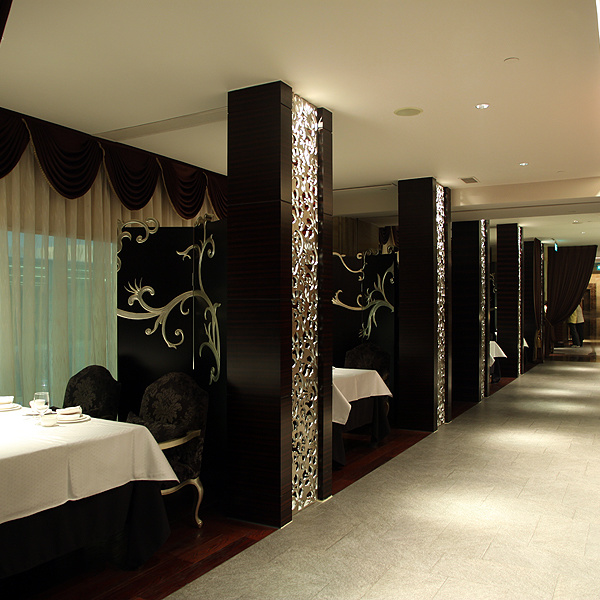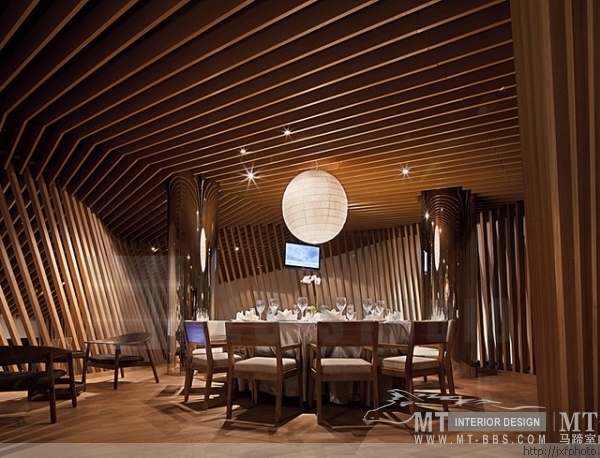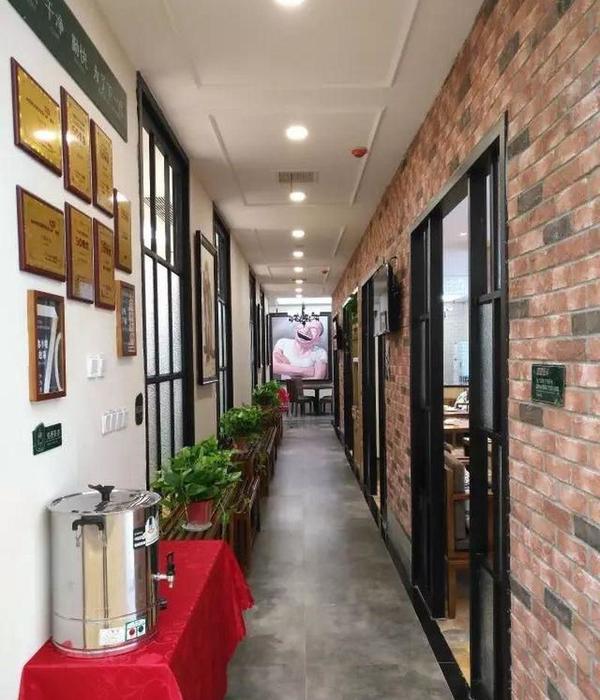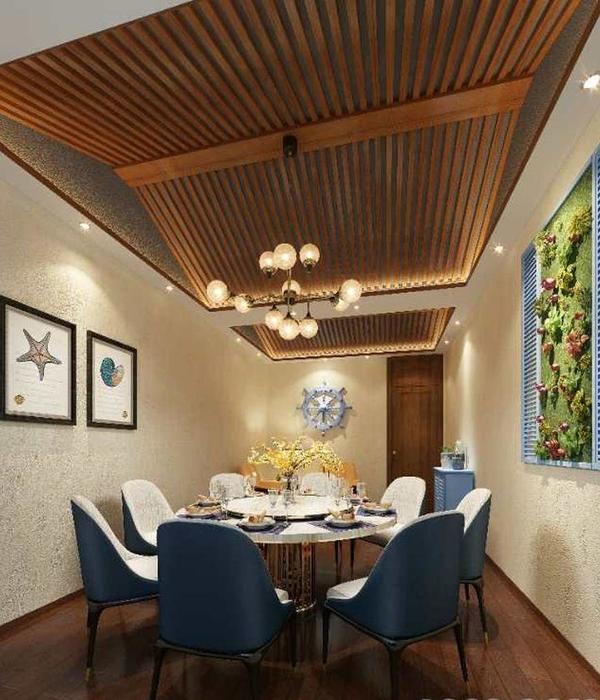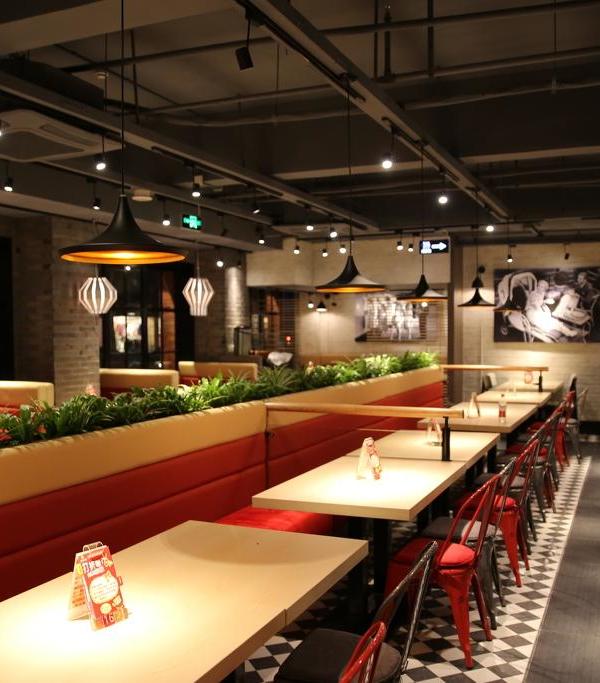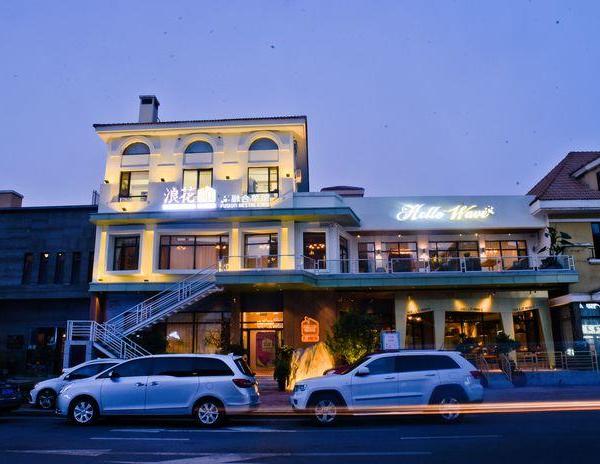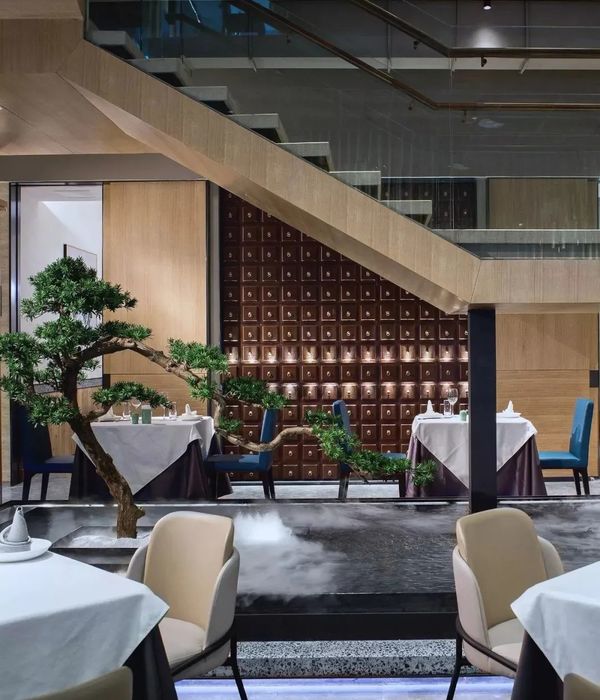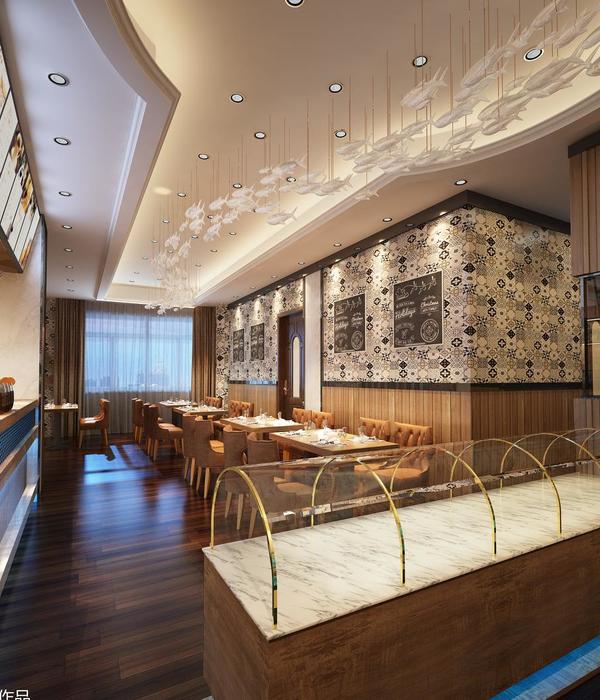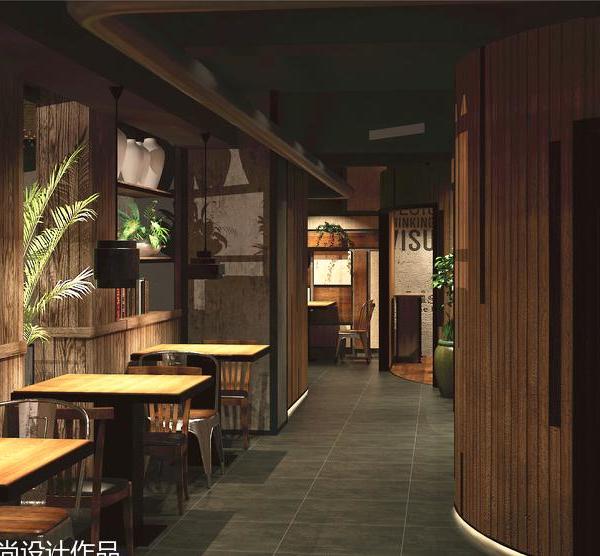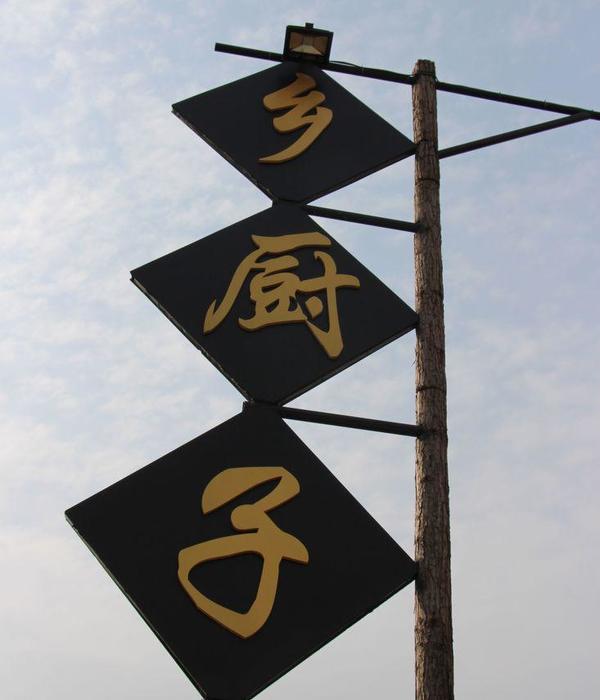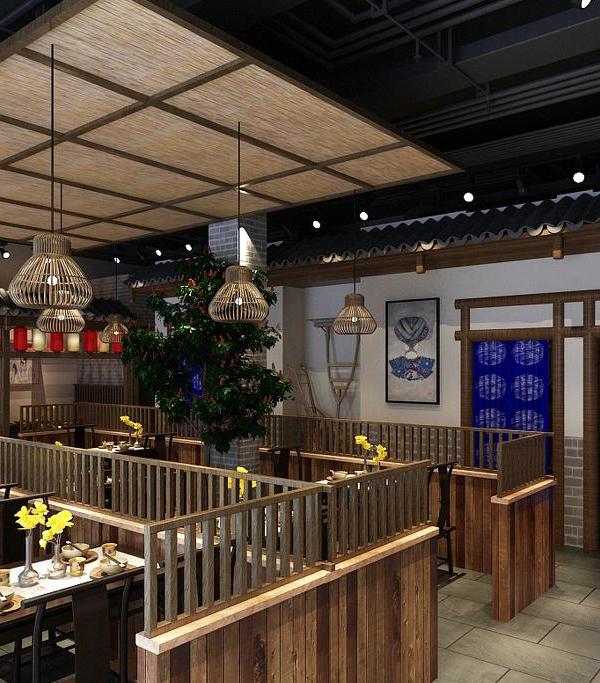Architects:officePROJECT
Photographs :Studio FF
Lead Architects :Ke Chang, Wenhan Li
Team Members : Bo Yuan, Yaqin Wang, Jianwei Zhao, Honghui Jiang, Panao Feng, Jiyuan Chen, Jieru Zou
City : Hefei
Country : China
The beauty centers, barbershops, restaurants, gyms, supermarkets that the most common places we need most but never notice. We often think about how these spaces related to everyone can be designed and reconstructed. If cultural centers, libraries, and theaters are defined as the "spiritual halls" of modern people. Why can't those places that only meet the basic needs of ordinary people become "the churches in the market"? The process by which our body is beautified is also a process of purifying our spirit. Our identity with society will be activated and redefined through the space of the beauty salon, and we will also redefine ourselves.
Yikou skin management center is located on the ground floor of a residential building in the city center of Hefei, Anhui Province. This place is known as the "Beauty street", the service shops in row shape the atmosphere of the city streets here. In this environment, how should a new spiritual place be created?
Complete isolation can only create sanctity and when away from it can form a "holy place in the marketplace". So the most important thing in the design is how to deal with the transitional relationship between the interior of the building and the city. Tearing some gaps as an embrace create a kind of semi-detached connection from the inside out, like an "ambiguous" field. The concave allows people to naturally walk into the beauty space from the urban space, and also makes the users feel the power of the external space. At the same time, the lights from the windows make sense as the "sanctity in the market".
When these tears enter the internal public space of the cave, there is some huge light from the top or bottom like the intrusion of science fiction society into the primitive cave, baptizing the palace of nature as the feeling inside the future machine. The intention like primitive future or sanctity of machines becomes a release of the daily in modern society.
This mechanical rhythm is once again reflected in the dynamic tumble of the ceramic stick material on the outer surface. This jagged fluctuation implies a mechanical massage of the street space, becoming a larger “texture” on the urban street. It produces a visual interference with people in the distance as if to imply a hidden inner strength of the city.
In the process of modernization, the body is also being landscaped and materialized with the environment. In fact, pursuing beauty has become a popular routine, which represents an attitude of our socialized body. The process of self-beautification is actually active participation in society which makes people have more confidence. These specialized institutions have gradually become an ideological space. People are not only beautified physically but also spirits. The beauty center is "the church of the city", but at the same time, like any other public facility in the cities, it is also a "soft machine" in this era of transitional alienation. People are willing to lie down in this “machine” to finish the "purification" of the body and spirit. As a result, more “new standard " people will be “produced”.
Just like this era of cyberpunk, all meanings are produced in the hybridization of culture and technology. The sociality of the city and the spiritual will of people are competing for this basic space. This also raises a question: Does it belong more to the city or to the personal experience of consumption? The mix of "church" and "machine" is thinking about the beauty salon.
▼项目更多图片
{{item.text_origin}}

